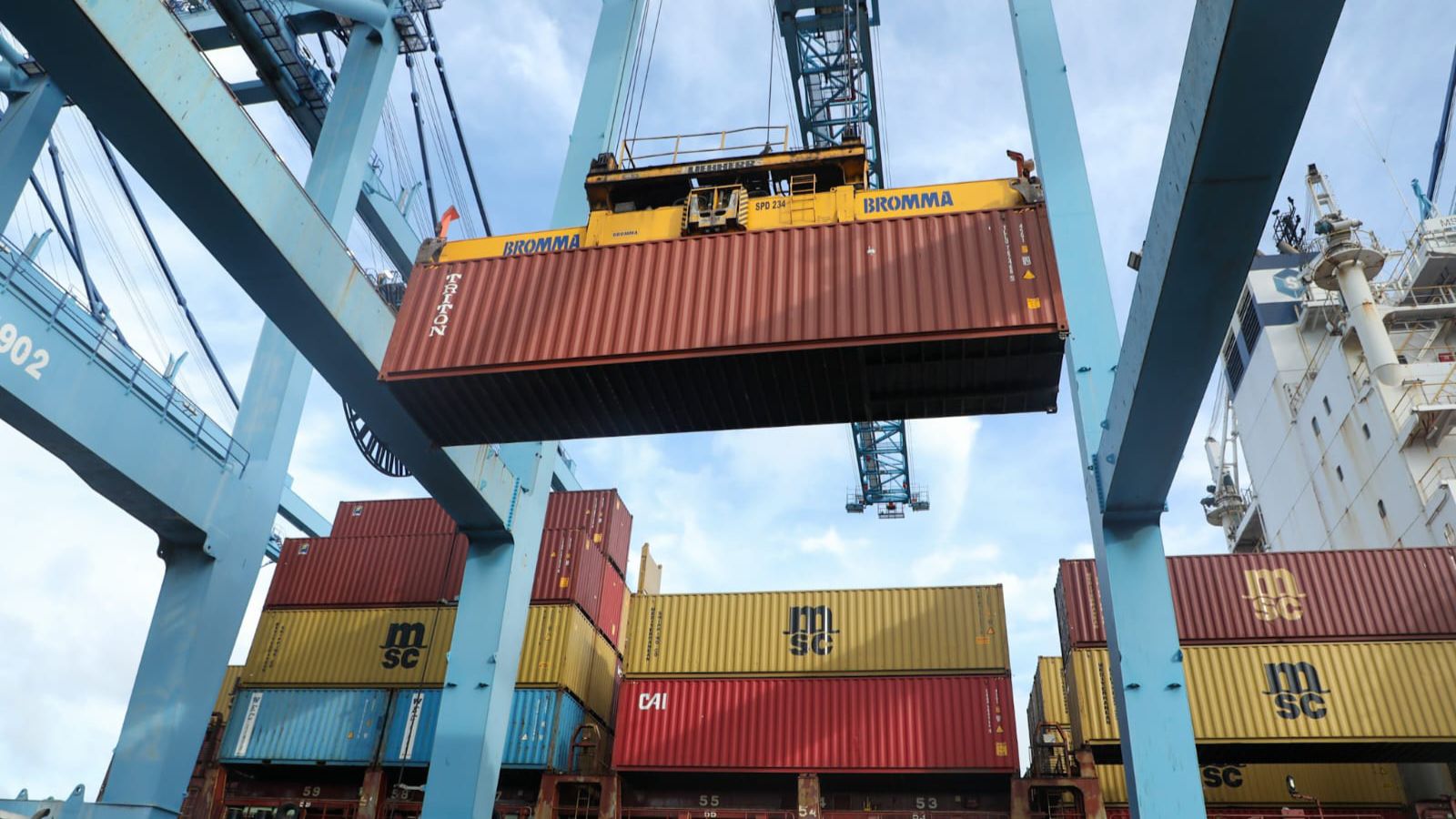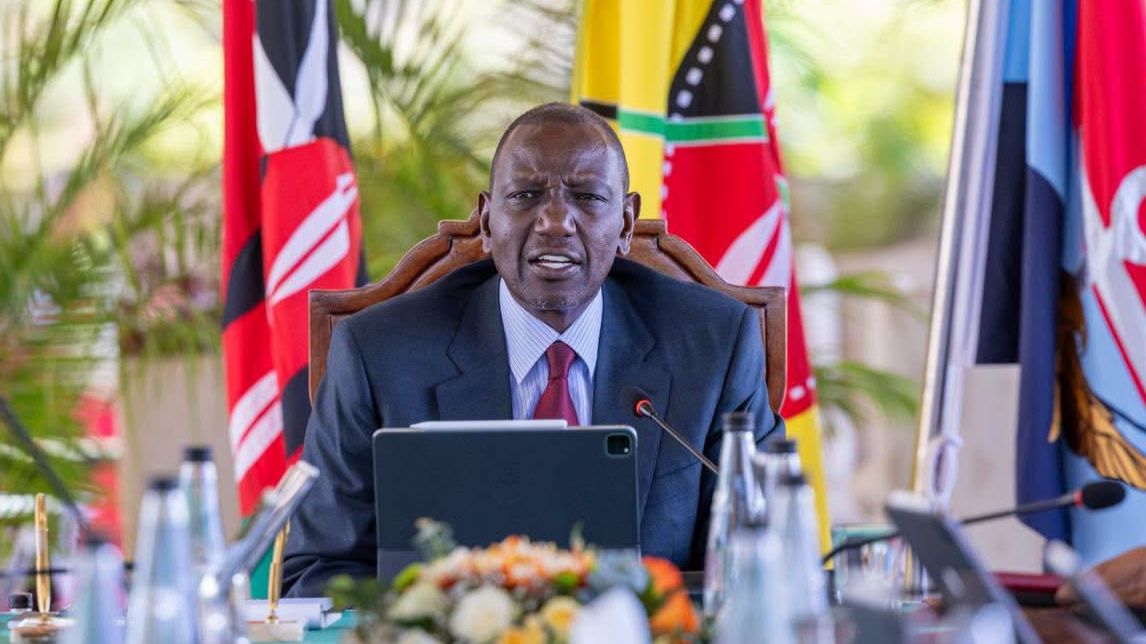The Central Bank of Kenya (CBK) governor Dr. Kamau Thugge has disclosed that bank had to procure new Kenyan currency because the country was at risk of a stockout of currency banknotes.
In a report presented to parliament on Wednesday, August 21, Thugge explained that there was a looming stockout of the Sh1,000 notes.
"Around mid-2023, CBK determined that the country was at risk of a stockout of currency banknotes. A stockout has significant economic and national security risks.
"There was an imminent stockout of the banknotes particularly the Ksh1000 which would have resulted in serious economic and security implications for the country. There was thus an urgent need for the currency procurement," read part of the report.
The CBK boss noted that, with the risk of a banknotes stockout, CBK applied to the National Treasury for a classified procurement process.
Read More
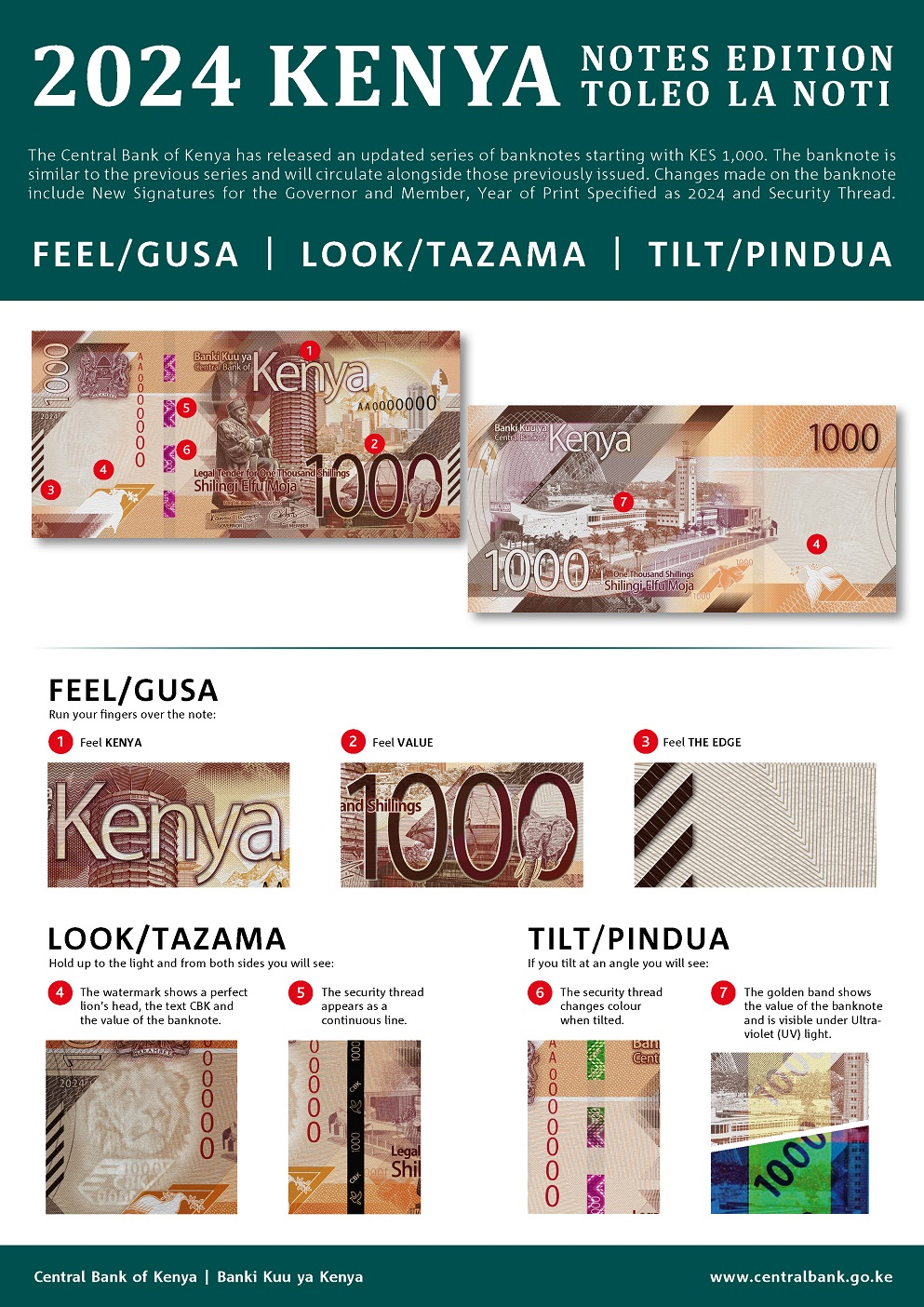
"Due to its national security implications, CBK’s request was initially considered by the National Security Council prior to its tabling before the full Cabinet. The cabinet memo was signed by the Cabinet Secretary for National Treasury and the Attorney General," Thugge explained.
Following cabinet approval, the bank then selected Giesecke+Devrient Currency Technologies, a German company, to print the new currency.
"CBK gathered relevant data from the various companies’ publicly disclosed information, as well as from other sources confidentially. Through this process, Giesecke+Devrient Currency Technologies GmbH (G+D), a reputable German Banknote printing company was identified," the CBK governor stated.
He added that CBK followed all procedures required under the classified procurement process and that the contract had been reviewed and approved by the Attorney General before being signed by the bank and the company.
"The cost of the banknotes was US$109,422,740 using the exchange rate at the date of contract signing," Thugge stated.
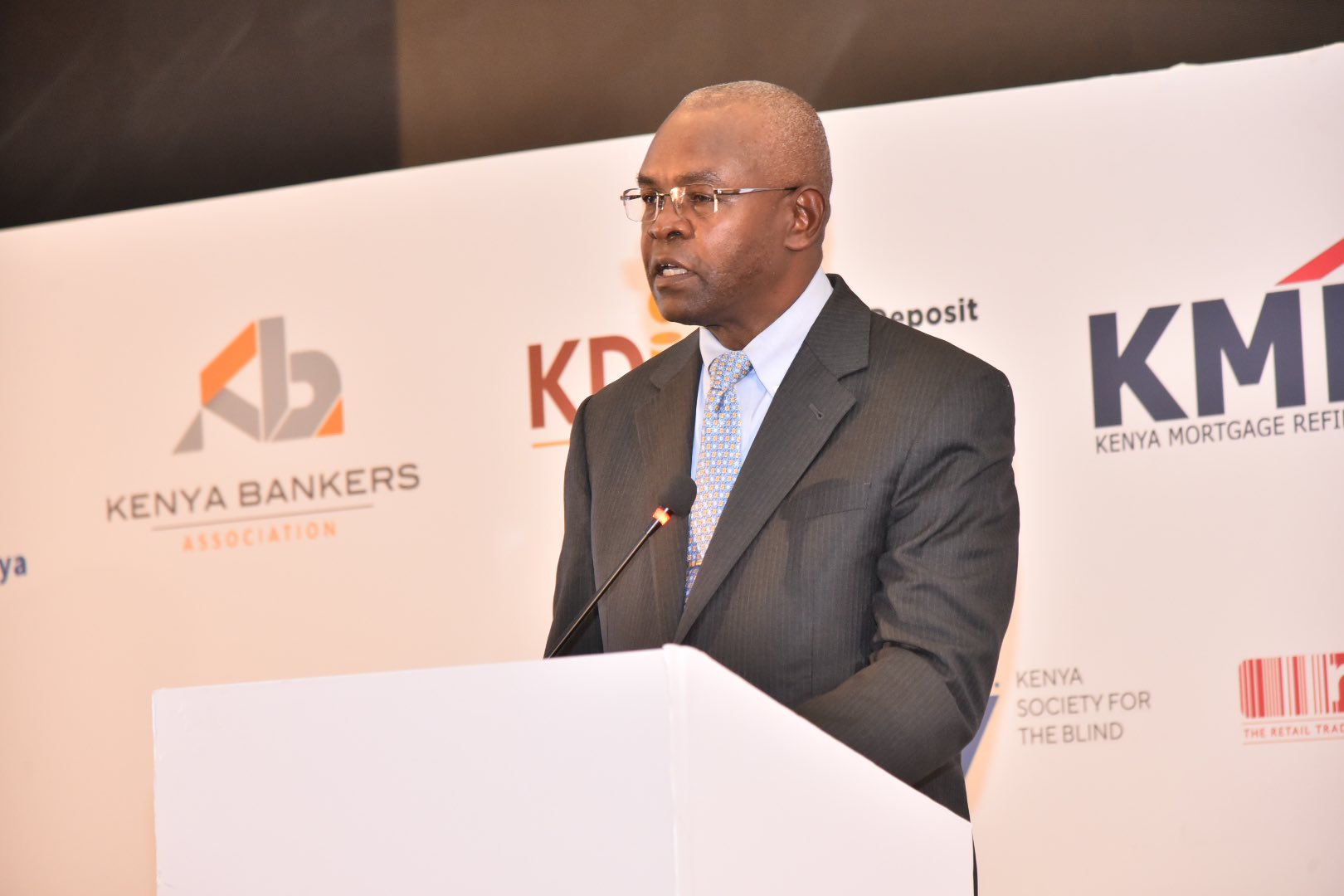
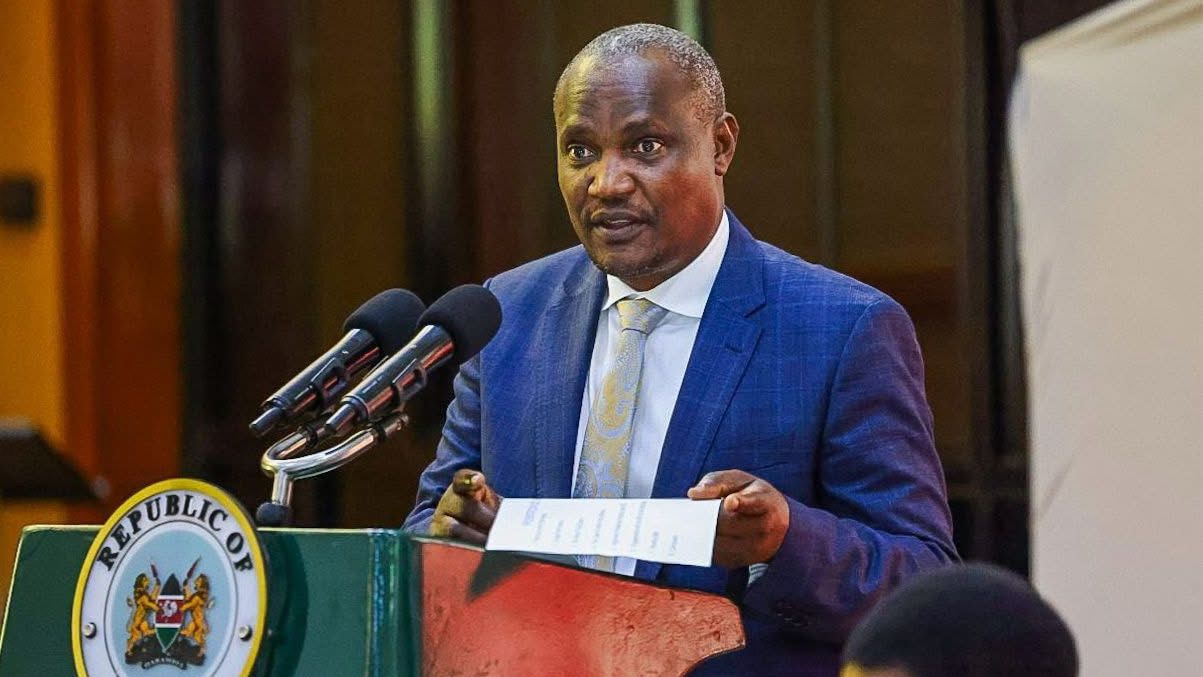
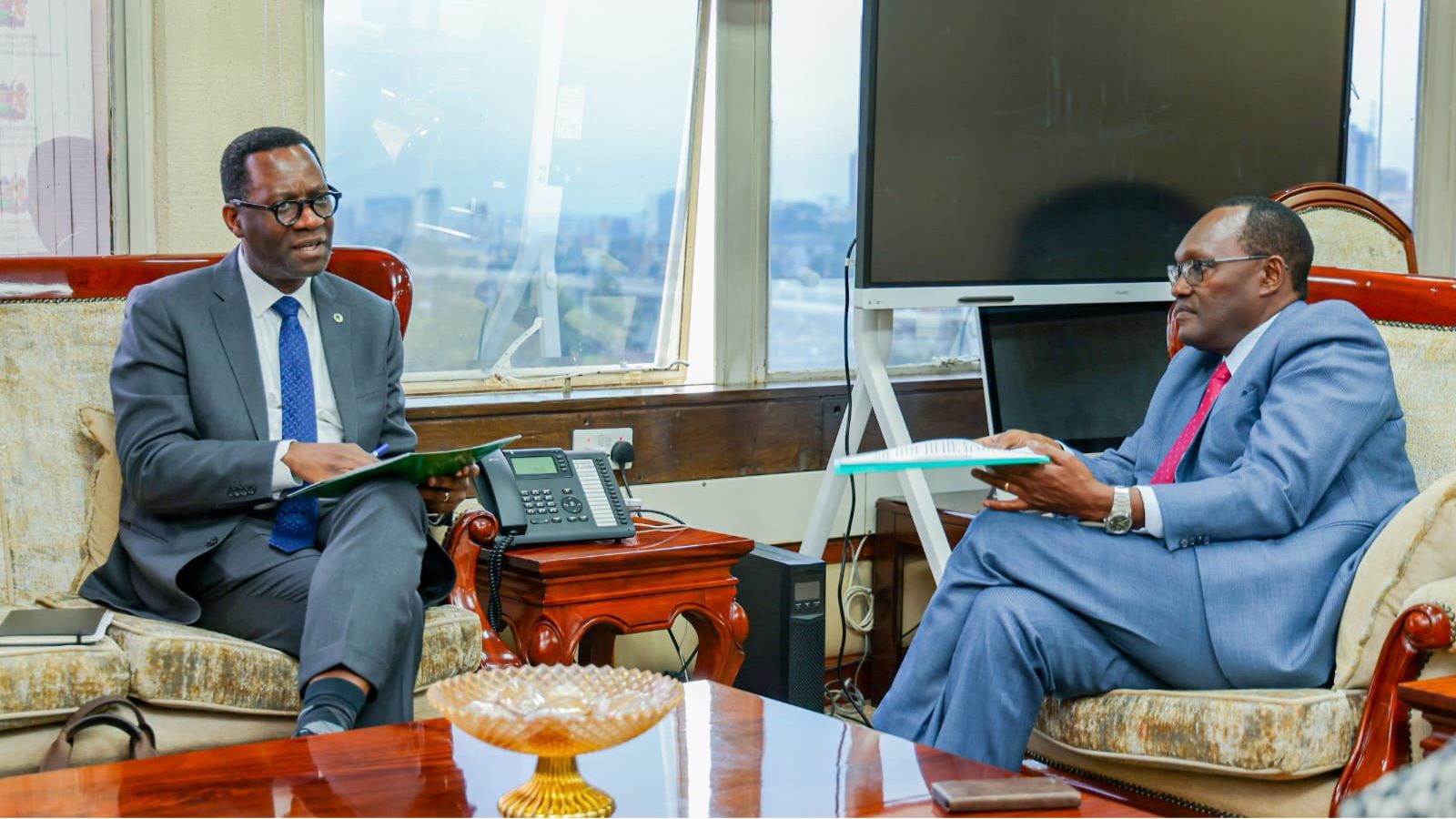


-1771737995.png)
